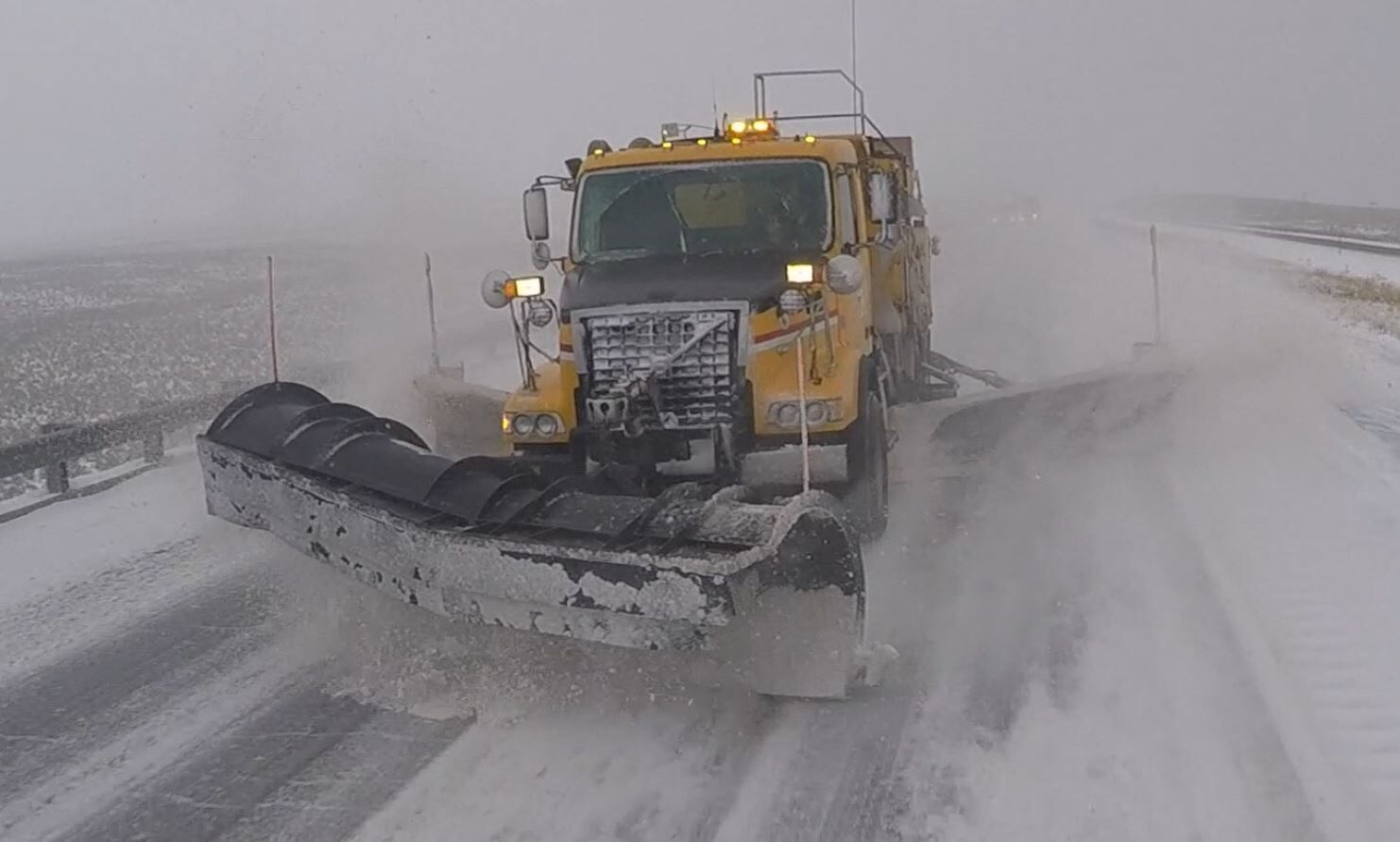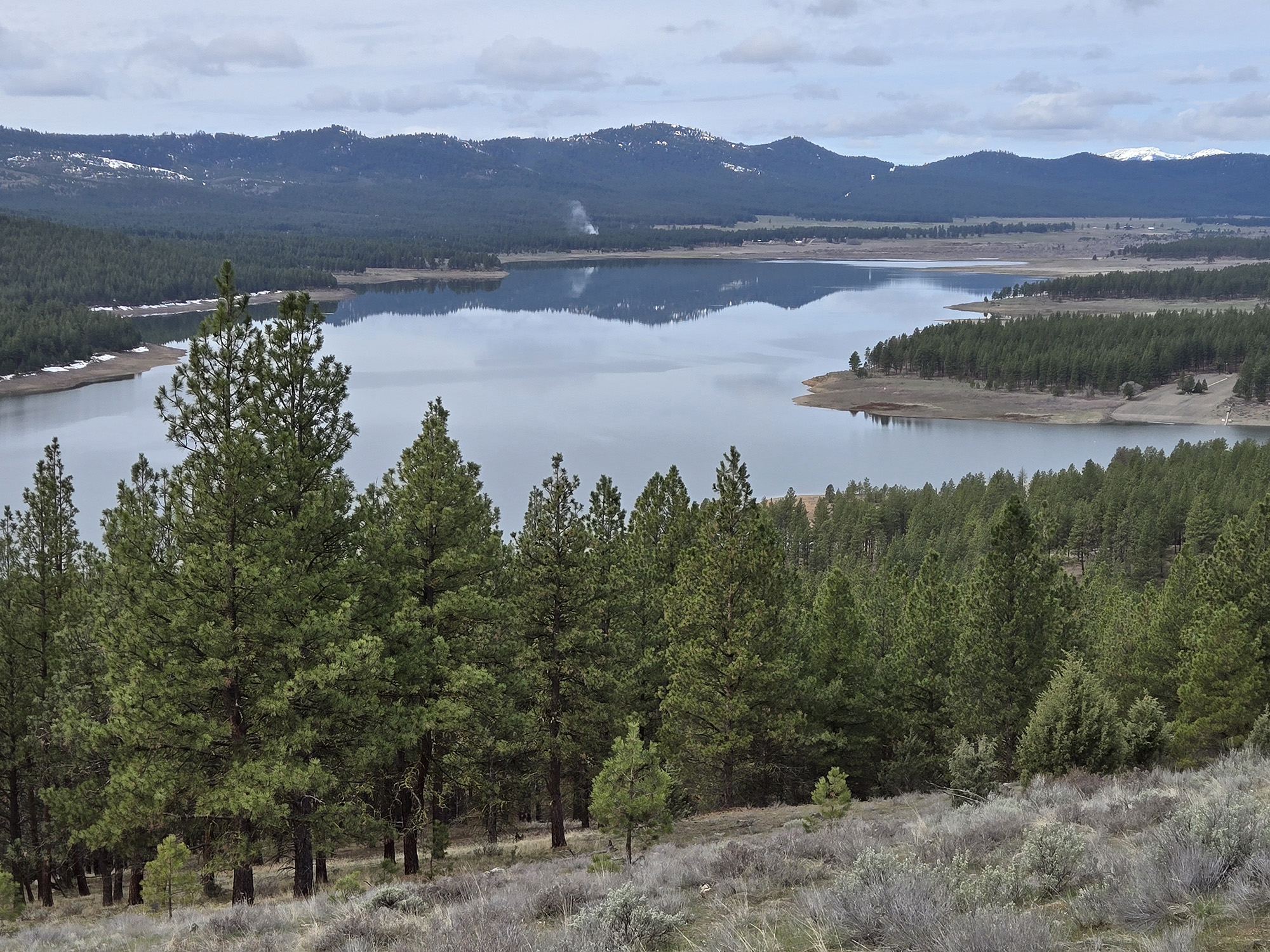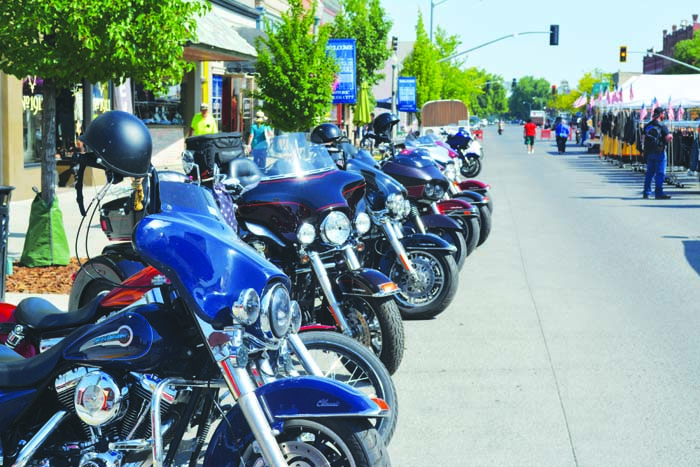EDITORIAL: GOP is in the right
Published 6:35 am Thursday, June 27, 2019
If ever you lamented the occasional lawmaking logjams that the two-party system helps to pile up in the legislative stream, you might consider the recent spectacle in Salem.
Trending
This includes Democratic Gov. Kate Brown ordering the State Police to track down 11 absent Republican senators — among them Cliff Bentz of Ontario, who represents Baker County — and compel them to return to the Capitol.
Many of those Republicans not only have avoided Salem, but they also crossed the Oregon border to put themselves outside the OSP’s jurisdiction.
This seemingly farcical, but indubitably real, situation came about because Democrats hold supermajorities in both the House and Senate.
Trending
This means Republicans can thwart Democratic approval of bills only by refusing to show up at the Capitol, thus depriving the Democrats of the quorum that’s required to vote on bills.
The Republicans have been doing this since June 20 to block a vote on House Bill 2020, the controversial carbon cap-and-trade bill that Democrats intend to pass. On Tuesday Democratic leaders said they lacked the votes to pass HB 2020 and that the bill was dead. As of this morning, GOP senators had not yet returned pending assurances that the carbon legislation would not be revived upon their return to Salem.
On the one hand, a proximate cause of this impasse — the Democrats’ supermajorities — resulted not from some nefarious plot but from the political reality of Oregon’s population distribution and associated partisan preferences.
Which is to say, the Democrats earned their power at the ballot box (or, rather, the mail box, what with Oregon’s voting system).
And yet that justification rings hollow indeed in the context of HB 2020.
The idea of Democrats unilaterally passing such a bill seems like an egregiously exaggerated version of the common complaint among rural Oregonians that urban lawmakers dictate the way we live in the hinterlands.
That the bill’s burden would have fallen more heavily on our shoulders seems all but indisputable — in particular the projected increases in fuel costs. The bill’s proponents can wax rhapsodic about the clean energy jobs it was supposed to create, but their legislative muscle can’t bend geography. Gresham will still be an awful lot closer to Portland than Baker City or Burns is.
(And an awful lot closer than Baker City is to Burns, come to that.)
Some absent Republicans have complained that the Democrats, aside from HB 2020, have already passed legislation on matters that voters should decide. There is of course a limit to this argument — if there weren’t we would have no need for the legislative branch and simply put everything on the ballot.
But the GOP’s point, as regards HB 2020, is sound.
That one party would impose a piece of legislation so punitive to rural residents and the industries that sustain their economies and communities, without allowing all Oregonians to have a voice, is a grim prospect.
That the bill’s ostensible benefits — reducing carbon emissions and thus helping to curb the very real, and potentially devastating, effects of climate change — are almost nonexistent given Oregon’s infinitesimal carbon footprint makes an already bitter brew that much more indigestible.
— Jayson Jacoby, Baker City Herald editor









